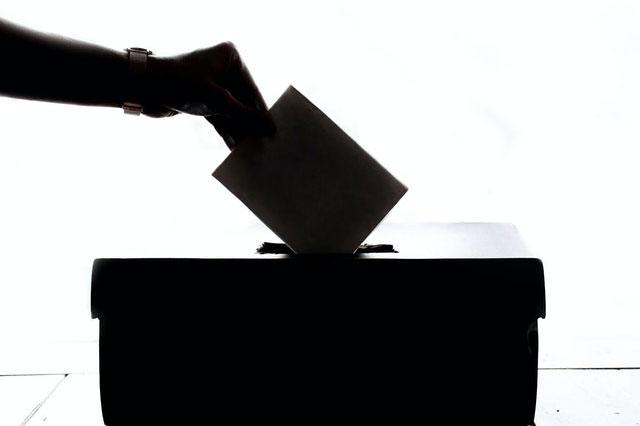Johannesburg — South Africa holds general elections on May 29, in what is expected to be the most consequential vote in decades.
More than 27 million people are registered to vote. They are called to elect a new parliament, which then appoints the president.
Here are some key facts and issues at stake:
ANC in trouble
Support for the ruling African National Congress (ANC), in power since the advent of democracy ended white-minority rule in 1994, is slipping.
Polls show the party risks losing its absolute majority in parliament for the first time.
It is facing growing discontent among the 62 million population amid sluggish economic growth, high unemployment, crime, inequality and collapsing public infrastructure causing water and power shortages.
Successive graft scandals have further tarnished the ANC’s reputation, fuelling disillusionment with politics and voter abstention.
Turnout at the last elections in 2019 was 66 percent. The ANC won more than 57 percent of the vote.
What do South Africans vote for?
South Africans elect the 400 members of the National Assembly, the lower house of parliament, under a proportional representation system.
The freshly appointed lawmakers then meet to elect a president.
As the ANC has regularly secured more than 50 percent of the seats in previous elections, the party has always single-handedly picked the president.
That could change this year, as some polls estimate it could win only about 40 percent of preferences.
While poised to remain the largest party, the ANC would be forced to find coalition partners to remain in power.
So far, no one within the ANC has come forward to challenge the leadership of President Cyril Ramaphosa, 71, who is seeking another term.
Zuma, the disruptor
The electoral race has been shaken up by ex-president Jacob Zuma, 82.
The ANC veteran has launched a breakaway party, uMkhonto we Sizwe (MK) or Spear of the Nation, that threatens to seriously cut into the vote share of his former political home.
An Ipsos poll released last week shows that, banking on the fervent support Zuma enjoys among part of the electorate, the party named after the ANC’s former armed wing during the anti-apartheid struggle could pull off an upset and win more than eight percent of the vote.
Zuma’s ability to run has been contested over a 2021 conviction for contempt of court. But the graft-accused ex-leader currently remains on the ballot.
Opposition coalition
The leading opposition party, the liberal Democratic Alliance (DA), has struck an alliance with about 10 smaller parties hoping to unseat the ANC.
It faces an uphill battle.
The Ipsos survey puts the DA, which has long struggled to shake off an image of representing the white minority, at almost 22 percent.
Even together with its allies, the DA is estimated to fall short of 50 percent.
The leftist Economic Freedom Fighters (EFF), which the poll says is supported by about 11 percent of voters, has been excluded from the coalition.
Avoiding a straight answer, DA leader John Steenhuisen has not completely shut the door on post-election talks with the ANC.
Electoral authorities should announce the results within three days after the vote.
Follow African Insider on Facebook, Twitter and Instagram
Source: AFP
Picture: Pexels
For more African news, visit Africaninsider.com


